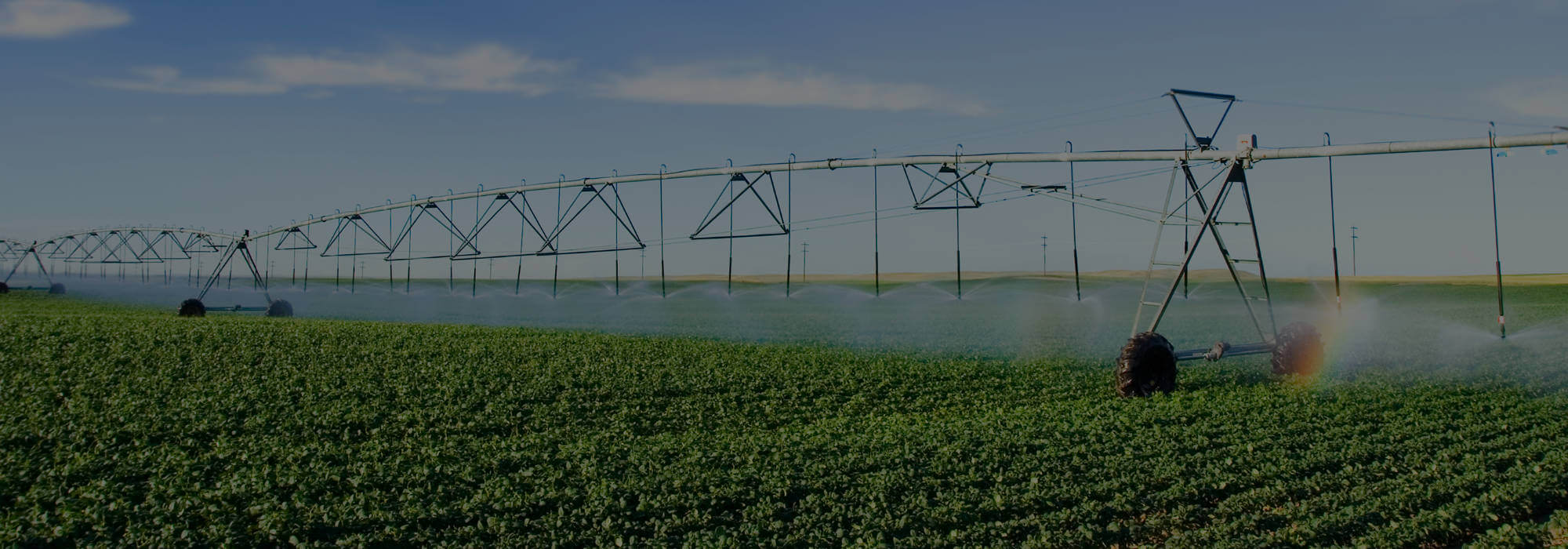15 Sep League Advocated Loudly Last Quarter and Congressional Offices Responded
"Earmarks" Update and FY 22 Appropriations
Early this year, the U.S. House of Representatives and Senate developed a process to identify and fund local projects. Essentially, the process resembled what was known in the past as “earmarks”; however, it included additional restrictions and requirements. Community engagement and support were crucial in determining which projects are worthy of federal funding. Only projects with demonstrated community support are considered.
In response, the League submitted requests for $2 million for the Odessa Ground Water Replacement Program (OGWRP) to Representatives Newhouse and McMorris Rodgers as well as Senators Cantwell and Murray which were accepted and forwarded to appropriation subcommittees. Senator Murray is a senior member of the appropriations committee and also serves on the energy and water development subcommittee. To ensure community support was clearly demonstrated, the League secured dozens of letters from stakeholders.
Congressman Newhouse’s office championed efforts to secure funding, working with the League to clarify needed information in a short-turnaround time: $2 million for OGWRP was included in the House’s Energy and Water Development Subcommittee mark up.
The progress to that point took weeks of reminders to stakeholders, calls, emails, and letters with Congressional offices, Reclamation, Ecology’s Office of the Columbia River, and the East Columbia Basin Irrigation District to coordinate details.
In July, the House cleared a $600 billion package of seven spending bills, including the FY2022 Energy and Water Development and Related Agencies funding bill that includes $53 billion for funding the Bureau of Reclamation, the U.S. Army Corps of Engineers, the Department of Energy, and other federal agencies.
Thanks to a huge push by the League and stakeholders throughout the Columbia Basin Project, the House bill included both the $2 million for OGWRP and report language directing Reclamation support OGWRP and the CBP’s Supervisory Control and Data Acquisition System (SCADA).
An earlier League appropriation request included funding for SCADA—used for monitoring all Columbia Basin Project irrigation system and controlling automated components of its infrastructure. Some components and technology are outdated and need updating to ensure compliance with Federal Information Security Management Act requirements and maintain smooth operations associated with adjusting flow rates in canals, responding to hydropower plant and pump outages, monitoring canal levels, and managing three project reservoirs.
Water Infrastructure Bill Introduced; League
Proposes Amendment
In mid-July, a new bill was introduced, the Energy Infrastructure Act, providing significant funding for Reclamation projects. The bill addressed funds for agricultural water infrastructure (a priority of the League) but did not account for the unique nature of the water source exchange/replacement design of OGWRP. With few similar projects in the west, it has been difficult to qualify OGWRP for funding from “traditional” federal programs because it does not meet “traditional” criteria.
The League worked with Senator Cantwell’s office to identify possible avenues to help OGWRP qualify, and ultimately, Senator Cantwell included OGWRP-friendly language in Section 40910 under Title IX of the broader bipartisan infrastructure package that passed the Senate in August. Both Senator Cantwell and Senator Murray were supportive.
Provisions of the bill relevant to the Columbia
Basin Project include:
Water related funding:
- $8.3 billion for Bureau of Reclamation western water (Title IX)
- $3.2 billion for Reclamation Aging Infrastructure (including $2.2 billion for the revolving account)
- $1.15 billion for Reclamation water storage, groundwater storage and conveyance projects
- $1 billion for water recycling and reuse
- $250 million for desalinization
- $1 billion for rural water
- $500 million for dam safety
- $300 million for Drought Contingency Plan
- $100 million for cooperative watershed management
- $250 for Aquatic Ecosystem Restoration
- $100 million -benefit watershed projects
- $50 million for CO River fish recovery program
- $9.5 billion for US Army Corps of EngineersOther funding measures:
- $110 billion in new funds for roads, bridges, and major projects
- Bridge Grant Program: $3.265 billion
- Establishes a new competitive grant program to assist state, local, federal, and tribal entities in rehabilitating or replacing bridges, including culverts
- The minimum grant amount for a large project is not less than $50 million; the minimum grant amount for any other eligible project is $2.5 million
- Grant amounts, in combination with other anticipated funds, should be of a size sufficient to enable the project to proceed through completion
- Bridge Grant Program: $3.265 billion
